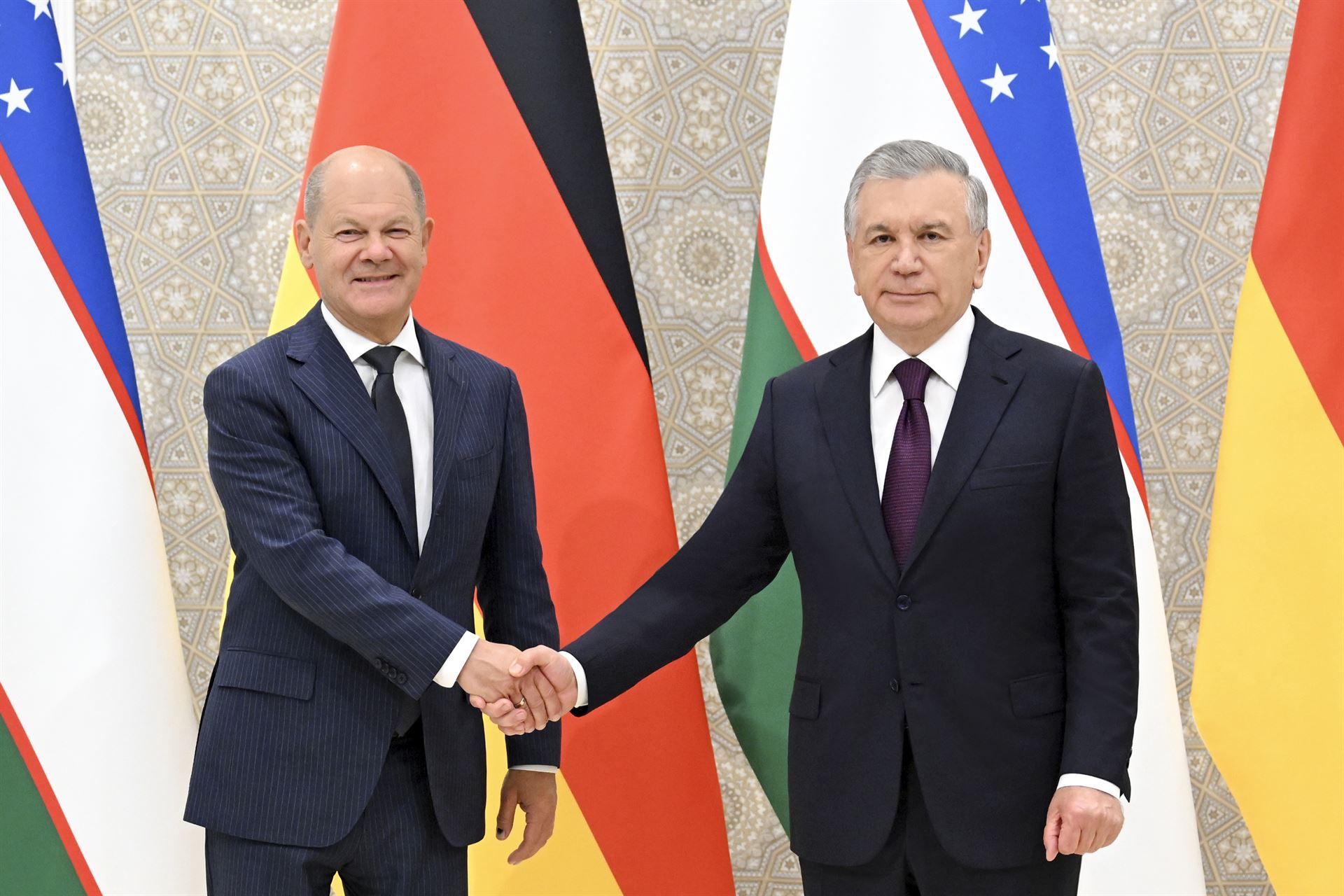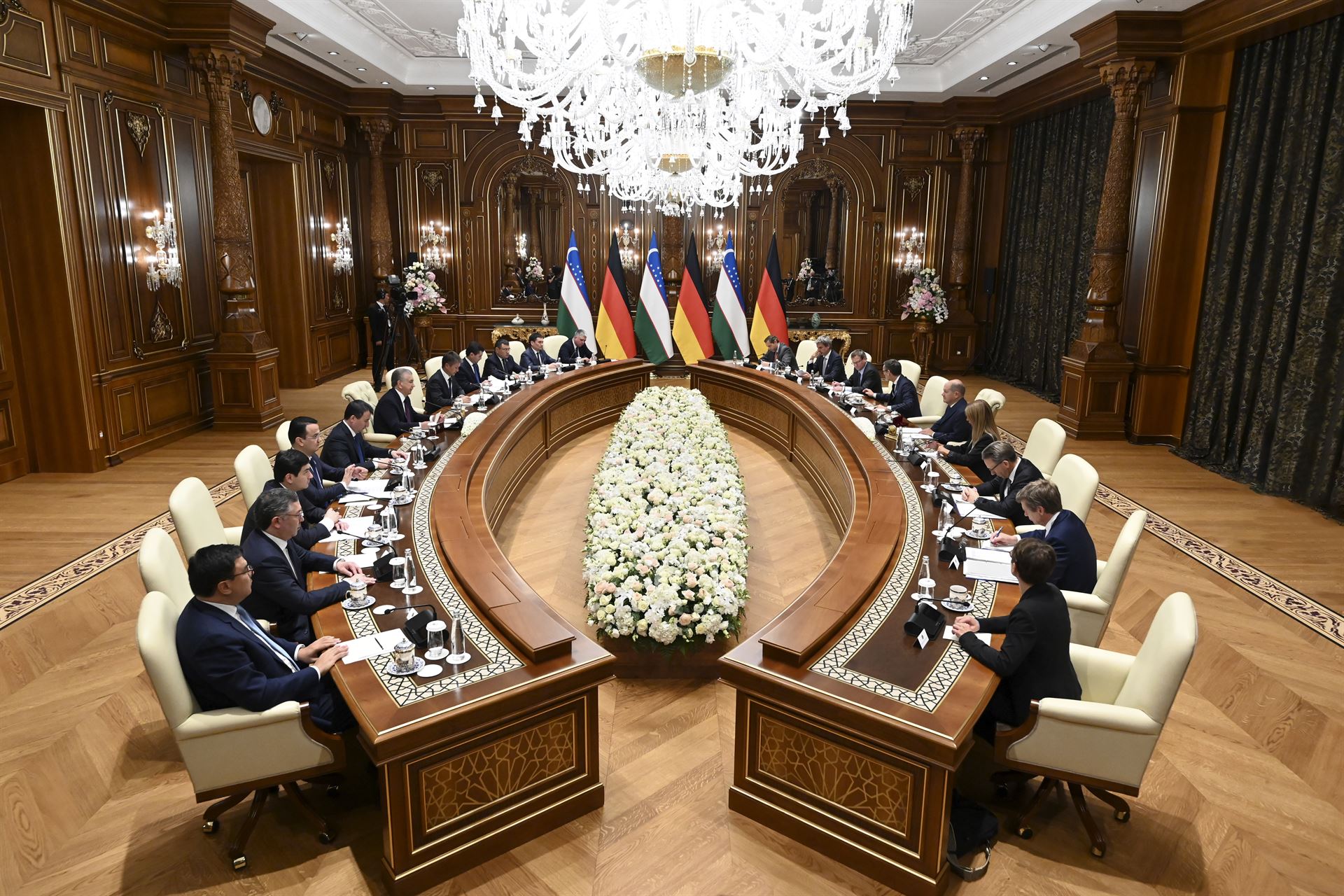
SAMARKAND, Uzbekistan - Germany has signed a deal with Uzbekistan to enable the migration of skilled workers from the Central Asian nation to support the German economy and the return of some immigrants, Chancellor Olaf Scholz said.
"We are enabling the necessary immigration of workers with great talent that we need in Germany so that our economy can grow," Scholz said on Sunday after a meeting with Uzbekistan President Shavkat Mirziyoyev in the Uzbek city of Samarkand.
ALSO READ: Germany tightens controls at all borders in immigration crackdown
The two countries also agreed on "simple, unbureaucratic procedures for those who have to go back," Scholz said, without elaborating.
He did not respond to media speculation that the agreement with Uzbekistan would also serve to deport Afghans who had committed crimes.

"Otherwise, of course, there are confidential talks about cooperation in many areas," he added.
Germany said on Aug 30 it had resumed deportations of convicted criminals of Afghan nationality to their home country, days before regional elections in which migration was a campaign issue.
READ MORE: Germany says Nord Stream blast discussed with Russia
Berlin had stopped returning people to Afghanistan because of human rights concerns after the Taliban took power in 2021.
German Interior Minister Nancy Faeser, who accompanied Scholz and who signed the agreement in Samarkand, said she was planning further flights to Afghanistan in order to deport serious offenders of Afghan nationality.
READ MORE: Court orders Germany to strengthen clean air program to meet EU standards
"But we will see with which countries we do this in cooperation," Faeser said.
The German government has no direct relations with the Taliban government in Afghanistan and the first deportation flight in August was mediated by Qatar.


